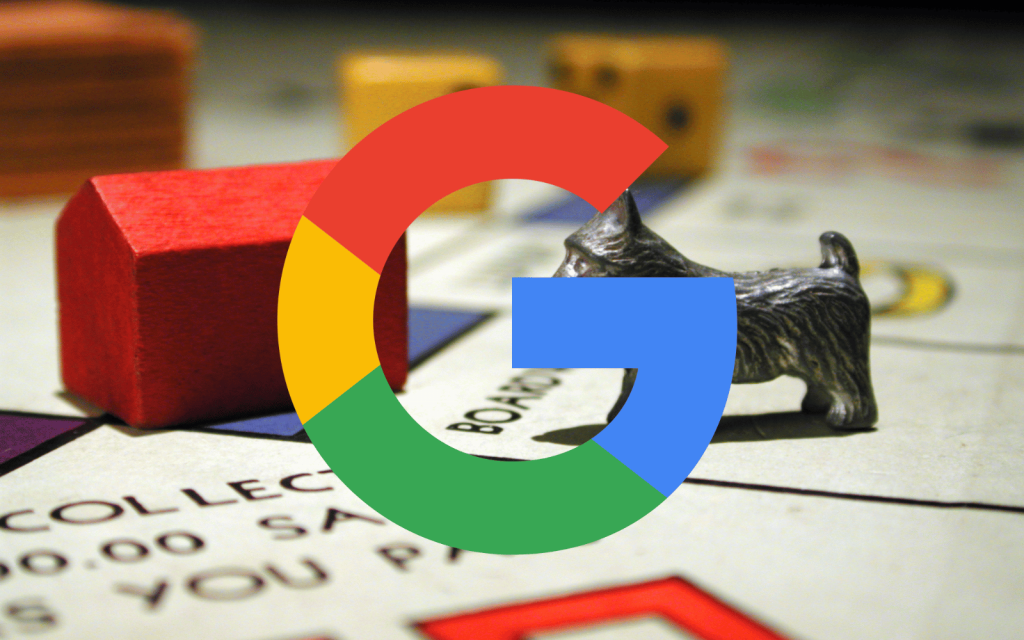“Everybody talks about the open web, — but there is really the Google web,” Microsoft CEO Satya Nadella told the blockbuster antitrust court case against the search giant. The US government is suing Google for its dominance in search, which it argues has been achieved by buying or squashing competitors not on innovation.
“You get up in the morning, you brush your teeth, and you search on Google,” said Nadella, the highest profile witness called by the Department of Justice and 38 States in the biggest antitrust case since Microsoft itself was sued over two decades ago.
There is something deeply ironic in the current Microsoft boss talking about being the underdog whilst competing against the dominant software maker in a field. Microsoft’s dominance in desktop operating systems is long gone, replaced by Google’s monopoly in mobile (through Android) and the gateway to the internet itself (through search).
Google is accused of paying Apple an estimated $10-billion a year to be the default search engine on Apple’s devices. Nadella said he “focused every year of my tenure as CEO to see if Apple would be open” a deal with Microsoft for its Bing search engine.
It clearly wasn’t. Why should it? Apple was being paid billions of dollars for Google to have the factory-fitted search option on all those iPhones and iPads. It was money for digital jam.
Google has argued during this trial that changing from such defaults is easy. But it is less easy than Google claims, while, as Nadella points out, that is a “bogus” argument because most people never change their smartphone’s default settings, least of all search.
In the first week of the trial, CalTech behavioural economics professor Antonio Range said whoever was the default search engine had a “sizable and robust bias”.
Google has consistently portrayed itself as the bastion of innovation – having achieved its vast financial success on the back of innovative ideas. But the US government is arguing that it used its dominance to maintain its monopoly.
As the Justice Department said in its lawsuit: “Two decades ago, Google became the darling of Silicon Valley as a scrappy start-up with an innovative way to search the emerging internet. That Google is long gone.”
This ten-week trial against Google is part of a much more muscular approach by the US government to reigning in Big Tech. Google is facing another lawsuit from the Justice Department for how it illegally became a monopoly in advertising technology (adtech). Meanwhile, the Federal Trade Commission has filed lawsuits against Facebook / Meta and Amazon for monopolising their social media and e-commerce respectively.
Read More: Microsoft’s AI wants to be your Copilot
Over in Europe, two aggressive new laws – Digital Services Act (DSA) and Digital Markets Act (DMA) – have got big tech firms hopping. They face enormous fines of up to 6% of global turnover for failing to stick to the EU’s powerful new privacy laws.
At the E. Barrett Prettyman US Courthouse in Washington, the same government kickback is being witnessed. Google’s exclusivity agreements were a “powerful strategic weapon” to keep out rivals like Bing or DuckDuckGo, the US government argues.
Kenneth Dintzer, lead lawyer for the Justice Department, said: “This feedback loop, this wheel, has been turning for more than 12 years. And it always turns to Google’s advantage.”
To hear Nadela, the CEO of the world’s largest software maker, complain about how Google used its chequebook to outmuscle the competition, gives you a sense of the size of that chequebook. And the size of Google’s monopolistic behaviour. This reckoning couldn’t have come soon enough.
- This column first appeared in the Daily Maverick 168




